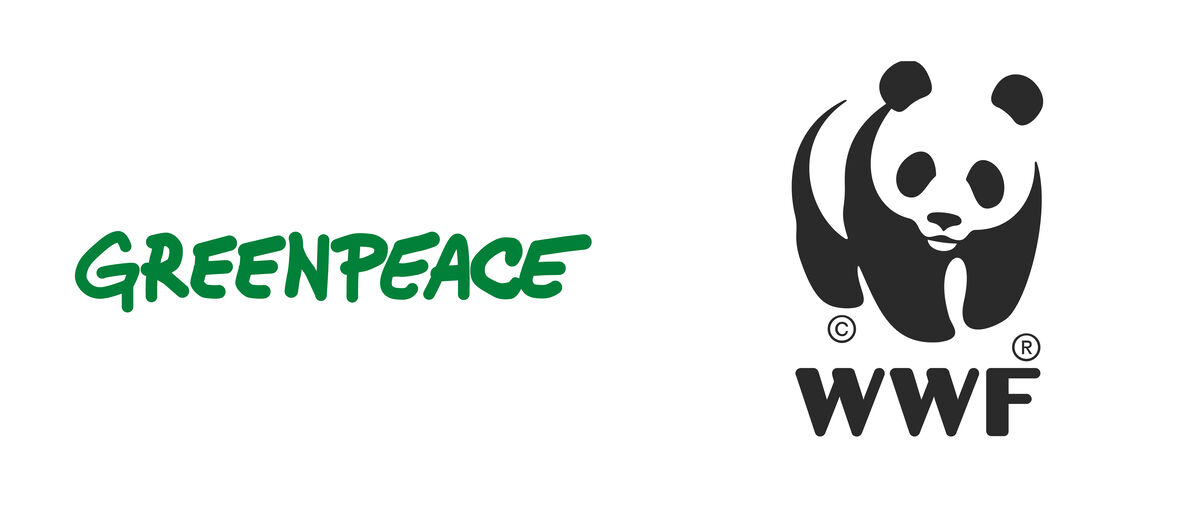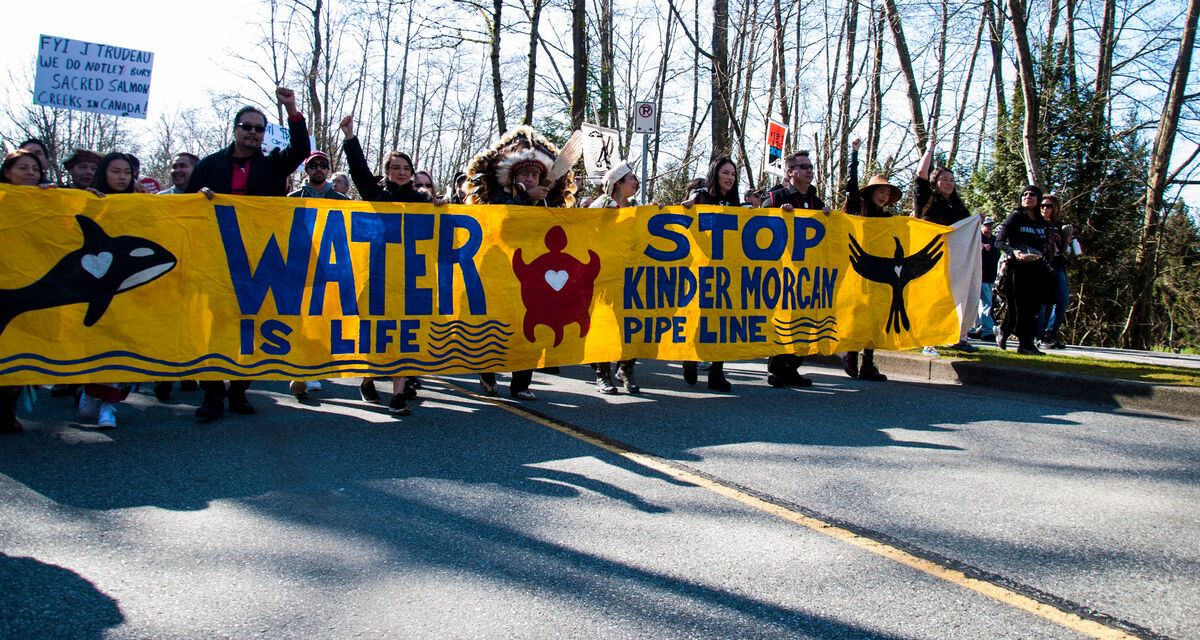Sovereignty is central to the powers of states. It allows governments to choose their own laws. For example, the Canadian government cannot impose laws on the Portuguese government. Certain groups will often lobby to influence public opinion and state decisions on certain laws and regulations.
-
Sovereignty is the absolute power of a state to govern itself by making its own laws and enforcing them within its territory. A sovereign state is independent, meaning that it cannot be controlled by any other state or institution.
To better understand what sovereignty is, you can watch the video Sovereignty and Interference.
-
A state is a territorial and political entity administered by a government. It has defined borders within which a population lives.
To better understand what a state is, you can watch the video What is… a State?.
The decision-making and power of a state can be influenced by groups within its borders. These groups include multinational corporations, non-governmental organizations (NGOs), environmental groups, trade unions and lobbies. Each group makes demands and tries to influence the government to change or adopt positions that favour their interests. There are several ways to attract public support and put pressure on governments, such as social media, news media, protests, petitions, etc.
-
A non-governmental organization (NGO) is a non-profit organization made up of citizens who defend a cause and act independently from the government.
-
A lobby group is a pressure group whose members share common interests. To promote their own interests, it tries to convince the government to adopt certain laws and regulations.
A multinational corporation is a company that invests capital (money) and carries out activities in countries other than its country of origin (exploitation of resources, production of goods or services, research and development, etc.). Globalization is “erasing” borders, making it easier for countries to trade with each other. This increases the number of multinational corporations, which set up branches outside their home countries and invest capital there. Their economic activities stretch to several countries, giving them significant economic weight. Several multinational corporations have a turnover greater than the gross domestic product (GDP) of many states.
Gross domestic product (GDP) is used to calculate a country’s wealth by measuring the total value of all goods and services produced within that country over a given period (usually 1 year).
In 2018, Walmart, the world’s largest multinational corporation, had a sales revenue of $500 billion. This is only slightly less than Thailand’s GDP (25th largest in the world), which was $504 billion. Only 25 countries produce more capital than Walmart, which has operations in 27 countries.
This economic weight and willingness to expand its business is a testament to the kind of influence that a multinational corporation, such as Walmart, can have on a state’s decision-making. Several multinational corporations have threatened to outsource their factories to other countries if their taxes are too high. Multinational corporations can relocate their facilities to countries with lower taxes.
If the government does not give in, hundreds of citizens may lose their jobs. Several states have lowered taxes for these companies to keep unemployment low. This is just one of the many pressure tactics that multinational corporations use. In 2006, there were about 8000 multinational corporations. Today, this number is even higher, but the exact number is not known.
Outsourcing refers to the relocation of part or all of a company’s activities to another country in order to reduce production costs. Relocation generally occurs from developed countries towards developing or emerging countries.
There are many different types of NGOs, each with its own purpose, such as human rights, child protection, the environment, etc. NGOs must meet specific criteria. First, they are not directly tied to a government. Because they are politically independent, NGOs can put pressure on governments. Secondly, they must be a non-profit, which means that their goal is not making money. However, they do accept donations to fund their research and projects.
NGOs often criticize government decisions, but governments do sometimes consult them and involve them in projects. Governments may seek the expertise of NGOs to guide their decisions for certain projects. For example, the Canadian government consults NGOs, such as Oxfam-Québec, to provide information about countries in need so that it can offer them adequate financial, food or medical aid.
These groups can take many forms. They can be NGOs working in different countries, such as Greenpeace and the World Wildlife Fund (WWF), or local organizations working within a country, a city or even a neighbourhood. Environmental groups aim to raise public awareness, monitor companies and governments and inform the public when they make decisions that could have devastating environmental impacts.

Greenpeace and the World Wildlife Fund (WWF) are active in hundreds of countries and have over 8 million members.
A lobby is a pressure group seeking to influence a state’s laws, regulations and decisions to further its own interests. Groups other than multinational corporations can be lobbies, including NGOs, environmental groups or organizations that share the same interests and ideologies. Regardless of their objectives and interests, lobbies go to great lengths to influence governments to act in their favour.
In the United States, the National Rifle Association (NRA) lobbies for the second amendment right to own and bear firearms. The NRA, which is often considered the most powerful lobby in the world, has a great deal of influence over the US government.
In August 2019, two shootings in Ohio and Texas killed 31 people. Faced with these tragedies, which are not isolated incidents, the US government wanted to pass stricter gun laws that would require new gun buyers to undergo criminal and psychiatric background checks. Following a telephone conversation between the US president and the NRA’s CEO, the idea was dismissed.
There can be several opposing lobbies for the same issue. The construction of oil pipelines in Canada is a good example of this. On one side, there are oil companies such as TC Energy (formerly TransCanada) praising the benefits, like the creation of thousands of jobs and billions of dollars in royalties (taxes) for the government. On the other side, there are environmental and Indigenous groups who see in this kind of project the possibility of contamination of waterways and wild food sources through oil spills and leaks. Each group makes a good case for its interests. Despite the various pressures and demands, the state has the final say.
In 2018, the oil pipeline company Kinder Morgan threatened to abandon the Trans Mountain pipeline expansion project due to widespread opposition in British Columbia. The federal government decided to buy the pipeline, despite strong pressure that made Kinder Morgan want to back out.
Six Indigenous groups (Tsleil-Waututh Nation, Squamish Nation, Coldwater Indian Band and a coalition of First Nations in the Fraser River), two environmental groups (BC Nature and Raincoast Conservation Foundation), the City of Burnaby and the City of Vancouver challenged the government’s decision in court. They won their case. The Federal Court of Appeal of Canada ordered that the Trans Mountain expansion be halted. The Court found that the government had accepted this project in haste, which led to several problems. Therefore, the government needed to review certain aspects of the project. Today, the project has been approved and is underway, but it must meet 156 specific conditions imposed by the Canadian Energy Board (CEB).
Since the Federal Court of Appeal ruling on this project, consultations with Indigenous communities and their approval have become key factors in a project’s acceptance by governments and regulatory authorities such as the CEB, as well as by the public. However, despite consultations with these communities and seeking compromises, the state still has the final say.

Source: Hsuan Tsui, Alex. “Burnaby, BC/Canada - March 10th, 2018: Kwekwecnewtxw Protect The Inlet March against the Trans Mountain expansion pipeline previously owned by Kinder Morgan and now owned by the Canadian government,” Shutterstock, March 10th, 2018.
No matter how much lobby groups pressure the government to revise its decisions, the state always has the final say. It can be influenced, but still has full authority over decisions. However, this is no longer the case when a state joins an international organization such as the UN, NATO, the European Union, etc. States become members of these organizations to join other countries in discussing issues that affect them and making important decisions. Nevertheless, countries are sometimes forced to make decisions that do not necessarily benefit them.
An international organization (IO) is an organization that brings together representatives of different states to achieve common objectives on global issues.
Ladouceur, Maude and Alain Parent. Globe. Cahier d’apprentissage, 2014, p.110-111.